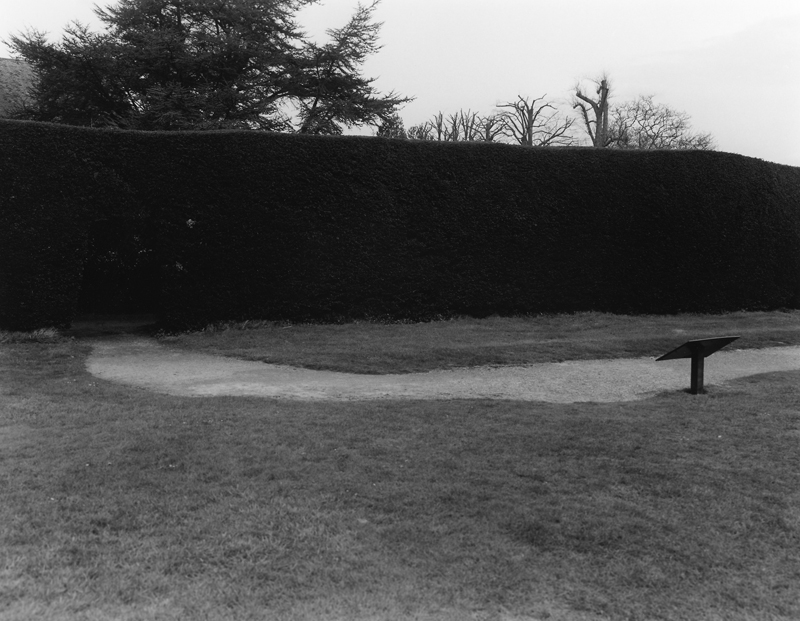At the close of the day the English realised they could no longer
resist the Normans. They knew they had been reduced in number
by the death of many of their troops.
The king himself, his brothers, and the leading men of the kingdom
had been killed: those who remained were at the end of the struggle;
and there was no hope of relief...
So they fled, and left the field as quickly as they could, some seizing horses,
others on foot, some by road, others across country...
Many died in the depths of the forests: their pursuers found corpses
all along the roads.
The Normans, although they did not know the countryside, pursued them
eagerly, slaughtering the fleeing rebels, setting the seal on their victory.
Amidst the dead, the horses' hooves trampled all those who lay
in their path... Having thus achieved his victory, the duke returned to the
battlefield, found a scene of carnage which he could only look at with pity...
The ground was covered with corpses for a vast distance,
stained with blood...
William of Poitiers
Gesta Willelmi ducis Normannorum et regis Anglorum
Circa 1071
|
 |